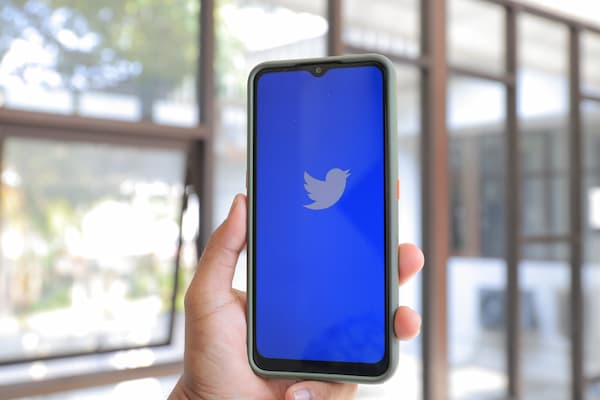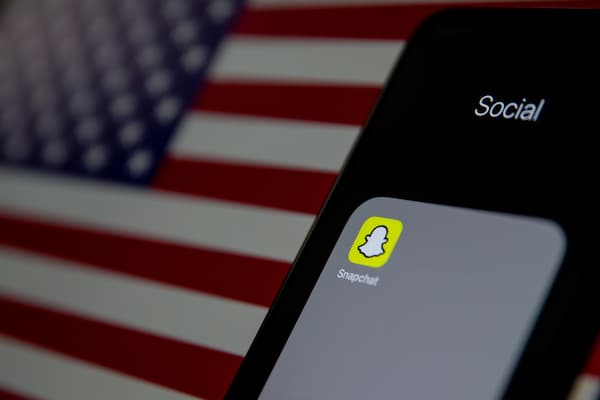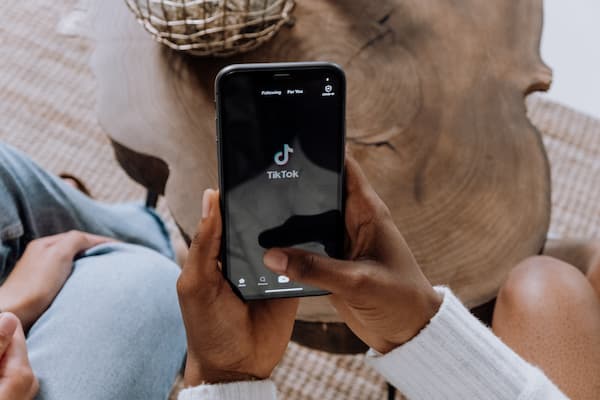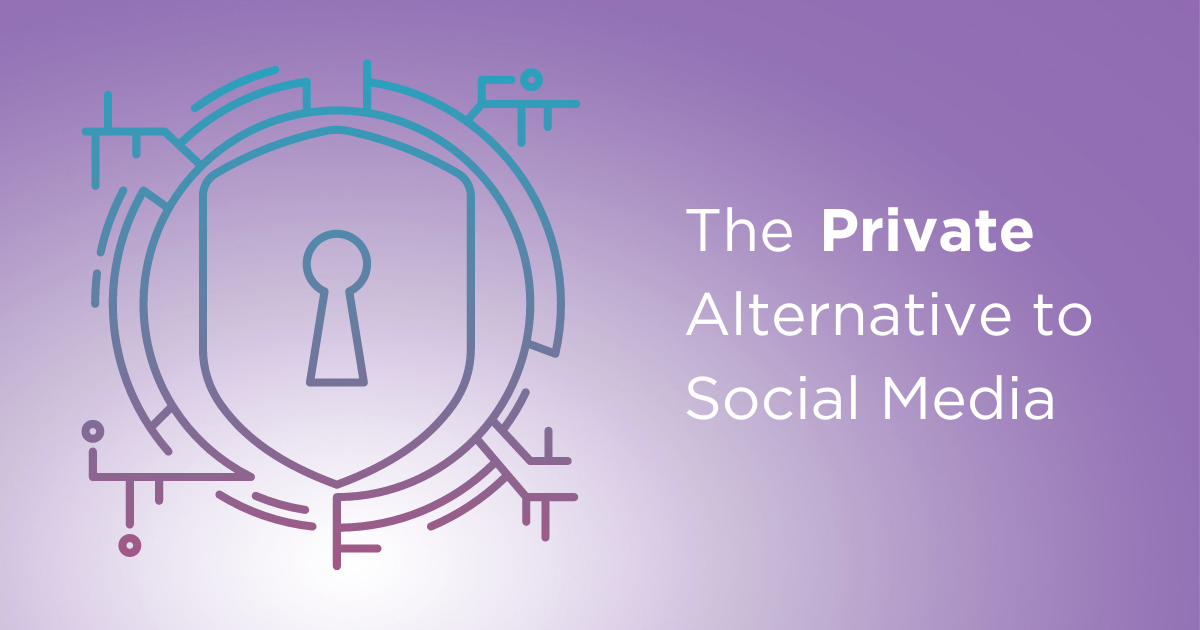Data privacy and security are becoming increasingly important, but also increasingly rare. As recent news shows, private solutions to communication are in demand, but few exist.
Recently, a story about a whistleblower at Twitter made headlines, as the social media giant has been accused of myriad security problems and subsequently covering these up and lying to their investors. The lack of concern for data privacy and data security was appalling, to say the least.
However, this is not really a new story. As we have discussed numerous times, the social media giants have been playing fast and loose with these issues for years. So what does this mean for you, as a consumer and what can you do to ensure you and your loved ones are communicating privately and securely?
The Twitter Whistleblower Highlights Security Risks

Twitter hired PIeter Zatko in 2020, following the news that accounts belonging to President Barack Obama and then-Vice President Joe Biden, among others, had been hacked. Zatko has worked in cyber security for a number of years, helping companies such as Stripe and Google, as well as the Department of Defense secure their databases and prevent hacking. Zatko was fired by Twitter, who claimed he showed “poor performance”. However, Zatko was let go shortly after sounding the alarm about the security problems.
The claims that Zatko has made showcase the lack of concern for spam and bots on Twitter’s platform, a concern raised by Elon Musk in his initial bid to purchase the platform. However, the deal fell apart when Twitter refused to release data showing the bot-related data. Now, Zatko’s claims seem to have shed more light on the problem.
Many might think that this is not a problem that affects them. However, when you give your data to a social media platform, you are at severe risk of being hacked. This isn’t because social media is inherently prone to hacking, but because of “willful ignorance” of the problem by the heads of these giant companies.
We have discussed the problems that have been exposed on Meta’s platforms, but the prevalence of these issues on other platforms can’t be overlooked.
Snapchat Settles Lawsuit Over Privacy Violations

Illinois residents may be receiving checks from Snapchat soon. Much like Facebook, Snapchat was sued by Illinois for violating the state’s laws regarding biometric data collection. It turns out that even the “private” use of Snapchat’s lens technology has been collecting and storing identifying data. While this may not seem like a big deal, in the wake of the Twitter hacking debacle, is it safe for kids to be using Snapchat?
Cases from around the country indicate that it is not. Snapchat has been cited in many criminal cases in crimes against children. It turns out that predators are easily able to use the Snapchat “map” feature to identify, locate, and then harm children. One girl in Michigan was even held prisoner by a predator she met via Snapchat. With all of these stories, safety becomes an issue, especially for kids. But what is being done to protect children from harm on social media? Not much, but new technologies like CircleIt are helping to keep families connected privately, securely, and securely.
TikTok Joins the List of Social Media Apps Not Respecting Privacy
TikTok was also sued for selling user biometric data to third parties. The company settled in federal court for $92 million dollars, essentially admitting they had sold this data to advertisers and data brokers.

Essentially, TikTok, Snapchat and Meta have been collecting data from fingerprint logins, facial recognition, and other biometric login methods and selling that information to advertisers and data brokers. What is being done with this information by TikTok and Snapchat’s buyers is unclear, but Meta’s use is widely known.
Meta has been using the data they collect to help build their Metaverse platform. This is what CEO Mark Zuckerberg has been promoting since 2021, when he changed the company name from Facebook to Meta. The Metaverse is a virtual world where users can have experiences in a virtual world. This can be as varied as skydiving to buying a home that your virtual self can live in. The process of collecting this data for commercial purposes is governed heavily in certain states, and Meta has been ordered to pay for their violation of these laws in Texas and Illinois.
Privacy advocates call these settlements a win, but wouldn’t a bigger win be if the data was never sold or used commercially to begin with?
CircleIt Refuses to Sell Member Data
CircleIt’s Founder & CEO, Art Shaikh has been approached hundreds of times by data brokers offering millions of dollars to purchase the data of CircleIt members. They receive the same answer every time: “No”. As Art has explained to various media outlets, CircleIt was built as a private technology for families and loved ones to share memories now and in the future. Your family communications should never be for sale. Period.







